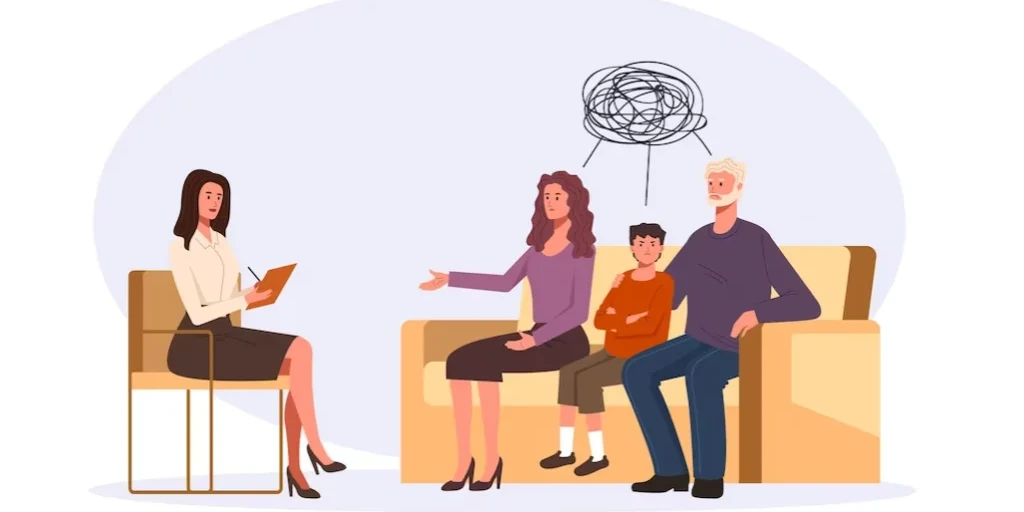24/7 Helpline:
(866) 899-111424/7 Helpline:
(866) 899-1114
Learn more about Partial Hospitalization Program centers in Keshena
Partial Hospitalization Program in Other Cities




Menominee County Alcohol and Drug Abuse Treatment
Menominee County Alcohol and Drug Abuse Treatment is a public rehab located in Keshena, Wisconsin. M...










Other Insurance Options

CareSource

CareFirst

Regence

Optum

Ambetter

Magellan

BlueShield

Health Partners

Kaiser Permanente

Excellus

UnitedHealth Group

Holman Group

ComPsych

UMR

Choice Care Network

GEHA

Group Health Incorporated

Horizon Healthcare Service

Health Choice

Highmark